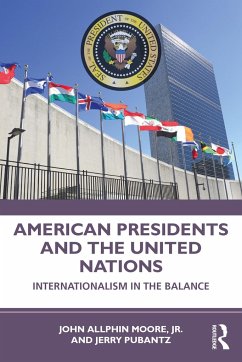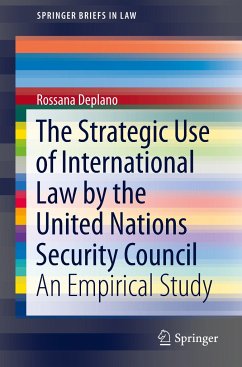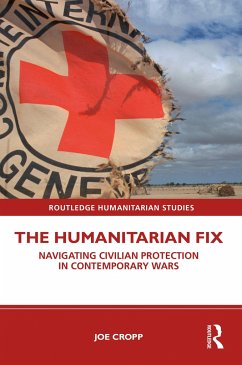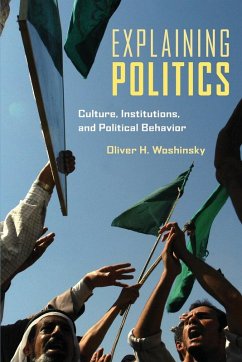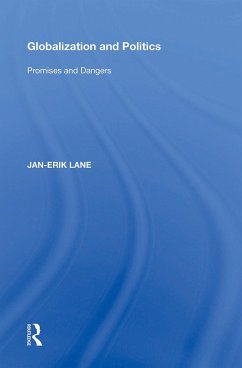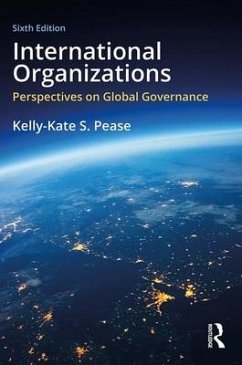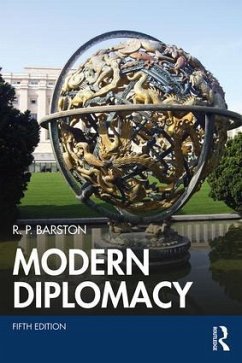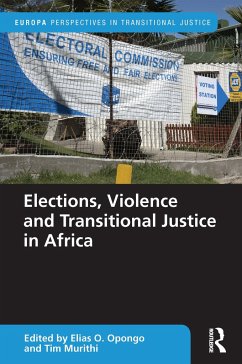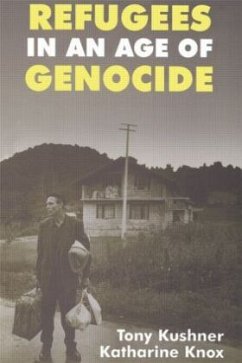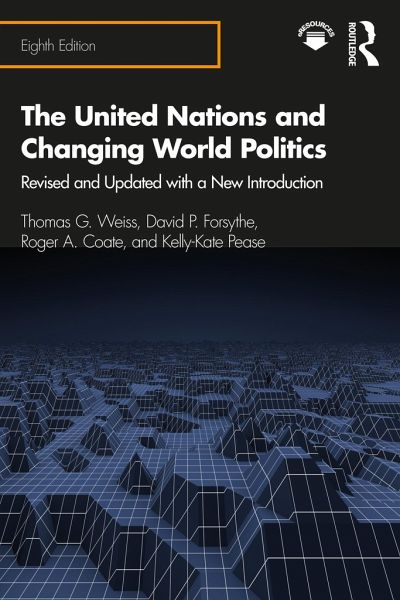
The United Nations and Changing World Politics
Versandkostenfrei!
Versandfertig in 6-10 Tagen
46,99 €
inkl. MwSt.
Weitere Ausgaben:

PAYBACK Punkte
23 °P sammeln!
The revised and updated Introduction to this classic text situates the UN in substantially changing world politics, including: The election of the ninth Secretary-General, António Guterres; The burgeoning of "new nationalisms" worldwide, including most importantly in the Trump administration's Washington, DC, and Brexit; The continuing proliferation of such non-state actors as ISIS and those in the "third UN," including developmental and humanitarian NGOs. Essential to all classes on the UN, International Organizations, and Global Studies, this interim edition of The United Nations and Changi...
The revised and updated Introduction to this classic text situates the UN in substantially changing world politics, including:
The election of the ninth Secretary-General, António Guterres; The burgeoning of "new nationalisms" worldwide, including most importantly in the Trump administration's Washington, DC, and Brexit; The continuing proliferation of such non-state actors as ISIS and those in the "third UN," including developmental and humanitarian NGOs.
Essential to all classes on the UN, International Organizations, and Global Studies, this interim edition of The United Nations and Changing World Politics is refreshed for students and scholars alike.
The election of the ninth Secretary-General, António Guterres; The burgeoning of "new nationalisms" worldwide, including most importantly in the Trump administration's Washington, DC, and Brexit; The continuing proliferation of such non-state actors as ISIS and those in the "third UN," including developmental and humanitarian NGOs.
Essential to all classes on the UN, International Organizations, and Global Studies, this interim edition of The United Nations and Changing World Politics is refreshed for students and scholars alike.






